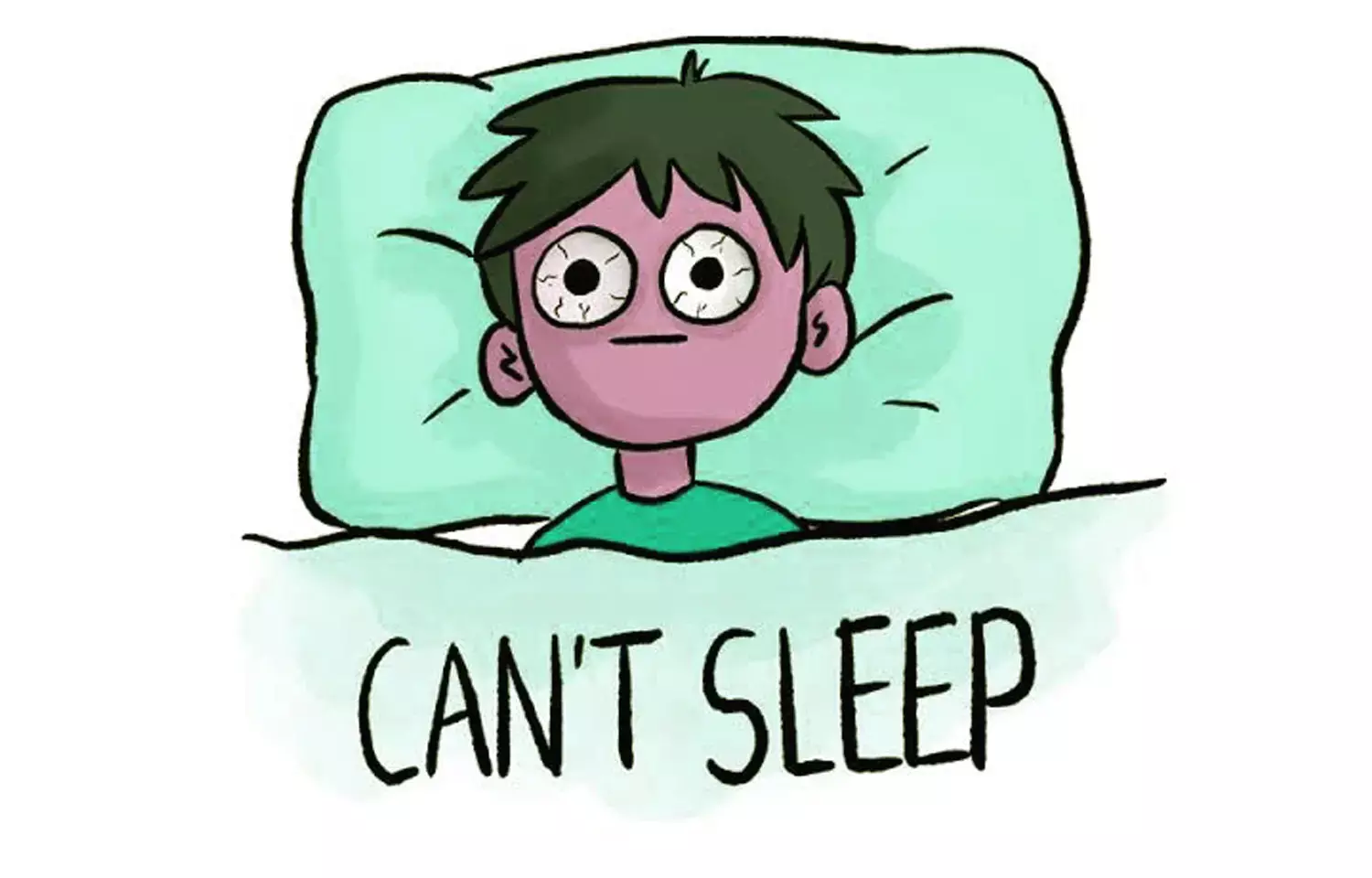- Home
- Medical news & Guidelines
- Anesthesiology
- Cardiology and CTVS
- Critical Care
- Dentistry
- Dermatology
- Diabetes and Endocrinology
- ENT
- Gastroenterology
- Medicine
- Nephrology
- Neurology
- Obstretics-Gynaecology
- Oncology
- Ophthalmology
- Orthopaedics
- Pediatrics-Neonatology
- Psychiatry
- Pulmonology
- Radiology
- Surgery
- Urology
- Laboratory Medicine
- Diet
- Nursing
- Paramedical
- Physiotherapy
- Health news
- Fact Check
- Bone Health Fact Check
- Brain Health Fact Check
- Cancer Related Fact Check
- Child Care Fact Check
- Dental and oral health fact check
- Diabetes and metabolic health fact check
- Diet and Nutrition Fact Check
- Eye and ENT Care Fact Check
- Fitness fact check
- Gut health fact check
- Heart health fact check
- Kidney health fact check
- Medical education fact check
- Men's health fact check
- Respiratory fact check
- Skin and hair care fact check
- Vaccine and Immunization fact check
- Women's health fact check
- AYUSH
- State News
- Andaman and Nicobar Islands
- Andhra Pradesh
- Arunachal Pradesh
- Assam
- Bihar
- Chandigarh
- Chattisgarh
- Dadra and Nagar Haveli
- Daman and Diu
- Delhi
- Goa
- Gujarat
- Haryana
- Himachal Pradesh
- Jammu & Kashmir
- Jharkhand
- Karnataka
- Kerala
- Ladakh
- Lakshadweep
- Madhya Pradesh
- Maharashtra
- Manipur
- Meghalaya
- Mizoram
- Nagaland
- Odisha
- Puducherry
- Punjab
- Rajasthan
- Sikkim
- Tamil Nadu
- Telangana
- Tripura
- Uttar Pradesh
- Uttrakhand
- West Bengal
- Medical Education
- Industry
Exposure of children to electromagnetic fields emitted by mobile devices not associated with sleep disturbances

Overall exposure of preadolescent children to electromagnetic fields emitted by mobile communication devices during the day is not associated with sleep disturbances, according to a study led by the Barcelona Institute for Global Health (ISGlobal), an institution supported by "la Caixa" Foundation. However, the study findings, which have been published in Environmental Research, suggest that there may be an effect on sleep when exposure occurs during the evening.
Sleep is crucial for the health and development of adolescents, and yet many of them do not get enough sleep. The use of mobile phones and other devices is one factor, and could be linked to mental stress, blue light exposure, and/or exposure to low levels of radiofrequency electromagnetic fields (RF-EMF) emitted by these devices.
"There are very few studies examining the potential effect of RF-EMF on sleep", says Mònica Guxens, ISGlobal researcher and senior author of the paper. In particular, no study has integrated exposures from different RF-EMF sources during the day, or assessed whether the time of exposure (day or evening) has an impact.
In this study, Guxens and her team studied over 1,500 preadolescents between 9 and 12 years old, belonging to the Dutch Generation R cohort and two Spanish sub-cohorts of the INMA Project (one in Sabadell and the other in Guipuzkoa), and estimated the overall RF-EMF dose received by each participants' brain during the day, both from environmental sources (TV and radio antennas, WiFi, mobile phone stations near the home) and proximal sources (personal use of mobile and cordless phones, tablets, and laptops connected to internet). Information on use of mobile devices and sleep disturbances was collected through a questionnaire. For a small group (around 300 participants), the researchers also collected information on the use of mobile devices after 7 pm in the evening, and measured sleep objectively during seven days, through the use of a wearable device (a wrist accelerometer) and sleep diaries.
Results show that, in average, preadolescents spend almost 50 minutes a day looking at screens on mobile devices and 2.5 minutes per day making phone calls, which were the main contributor to brain RF-EMF doses. There were differences between cohorts in the use of devices, but no association was found between all-day RF-EMF doses and sleep disturbances. The average total sleep time was of 7.5 hours. Only 20% of pre-adolescents reported making or receiving phone calls in the evening, but those with high evening doses from phone calls showed reduced sleep time (12 minutes less in average, compared to those with no phone calls).
"We cannot exclude that this effect is due to other factors related to the phone call and not to RF-EMF exposure," says Alba Cabré-Riera, first author of the study. "But our findings do suggest that the amount of RF-EMF dose absorbed by the brain in the evening might be more relevant for adolescents' sleep," she adds.
https://www.sciencedirect.com/science/article/pii/S0013935121015929?via%3Dihub
Hina Zahid Joined Medical Dialogue in 2017 with a passion to work as a Reporter. She coordinates with various national and international journals and association and covers all the stories related to Medical guidelines, Medical Journals, rare medical surgeries as well as all the updates in the medical field. Email: editorial@medicaldialogues.in. Contact no. 011-43720751
Dr Kamal Kant Kohli-MBBS, DTCD- a chest specialist with more than 30 years of practice and a flair for writing clinical articles, Dr Kamal Kant Kohli joined Medical Dialogues as a Chief Editor of Medical News. Besides writing articles, as an editor, he proofreads and verifies all the medical content published on Medical Dialogues including those coming from journals, studies,medical conferences,guidelines etc. Email: drkohli@medicaldialogues.in. Contact no. 011-43720751


